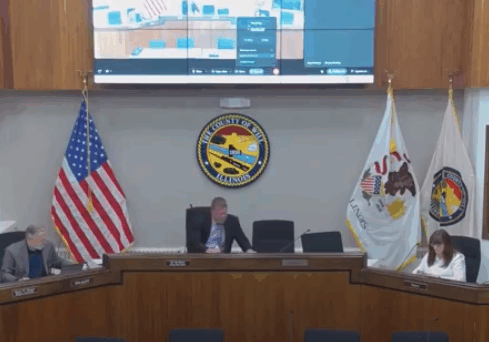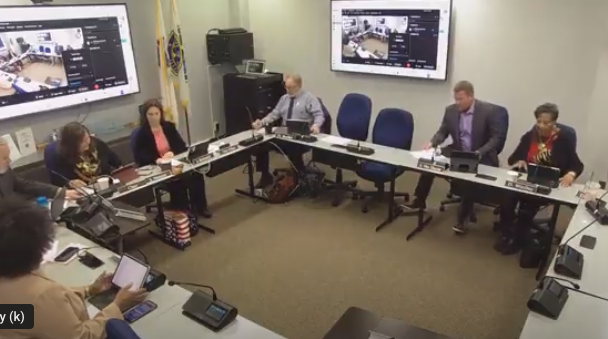JOLIET — The Will County Executive Committee voted Thursday to advance a $1.7 million proposal to upgrade the River Valley Juvenile Detention Center rather than pursuing costlier alternatives to house juvenile offenders elsewhere.
After reviewing three potential options for addressing the county’s juvenile detention needs, committee members unanimously forwarded the upgrade plan to the finance committee for further consideration.
River Valley Detention Center Superintendent Shannon McCormack presented the committee with three options: housing youth elsewhere, retrofitting the Will County Adult Detention Facility to accept juveniles, or continuing operations at River Valley with needed upgrades.
“The building was built in 1999,” McCormack said. “It became operational in 1999.”
The facility, now 25 years old, requires several upgrades, including a new building automation system, kitchen equipment replacements, and modifications to the visitation area to comply with state standards requiring contact visits.
“Currently we have one standard that we need to make some renovations to,” McCormack explained. “The Illinois Department of Juvenile Justice standard states that all visits shall be contact visits unless specific concerns preclude contact visits for identified individuals.”
The committee heard that retrofitting the adult detention facility to house juveniles could cost an estimated $15 million, with an additional $5 million needed to create appropriate juvenile courtroom facilities at the county courthouse.
Chris Watkins, who works with the detention center, reported that informal discussions with state oversight agencies indicated they would likely not approve housing juveniles in the adult facility, even with complete separation.
“In response to Mr. Balich, I did speak with the oversight in an informal setting, and I will say that informally he suggested that it was a bad idea,” Watkins said.
Housing juveniles at facilities in other counties was presented as potentially costing $1.3 million annually just for bed space, not including transportation and other costs. McCormack also noted that most detention centers in Illinois are not accepting out-of-county youth due to staffing shortages.
Several committee members expressed concern about the facility’s low utilization rate, with Leader Jim Richmond noting the center is only operating at about “16 to 17 percent utilization” of its 102-bed capacity.
McCormack outlined plans to increase staffing from 28 to 35-39 juvenile detention officers, which would allow the facility to house 45-50 residents, up from the current capacity of 30-32. This would enable the county to accept more juveniles from surrounding counties, potentially generating additional revenue.
“I would inquire to bring in additional counties to our building, which would increase our out-of-county revenue,” McCormack said, noting the facility currently generates between $400,000-$500,000 annually in out-of-county revenue.
The urgency of the upgrades was highlighted by county staff, who reported that the building’s automation system had failed in January, creating temperature control issues that would only worsen in summer months without repairs.
The proposal now moves to the finance committee for further review and discussion of funding.


